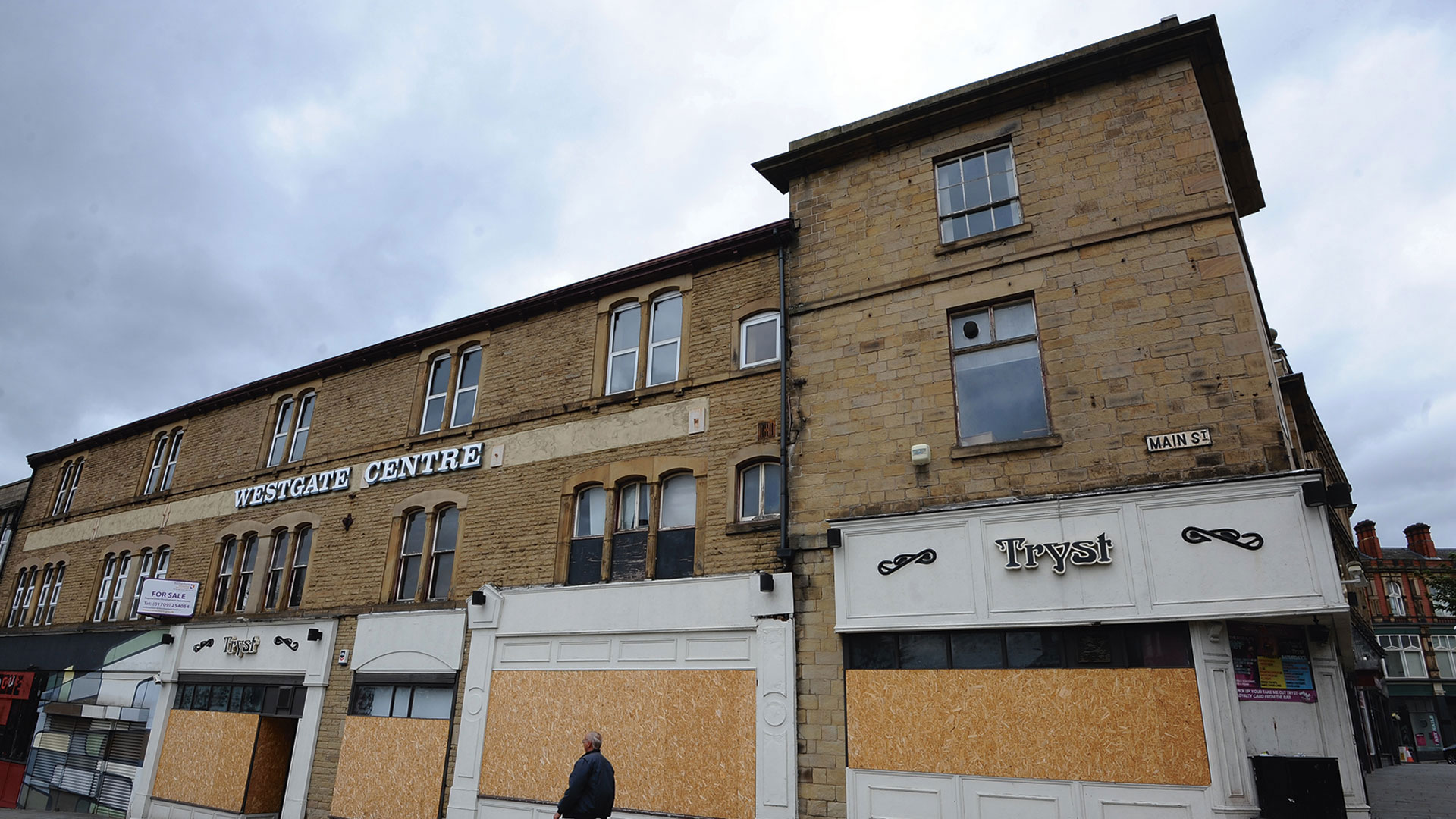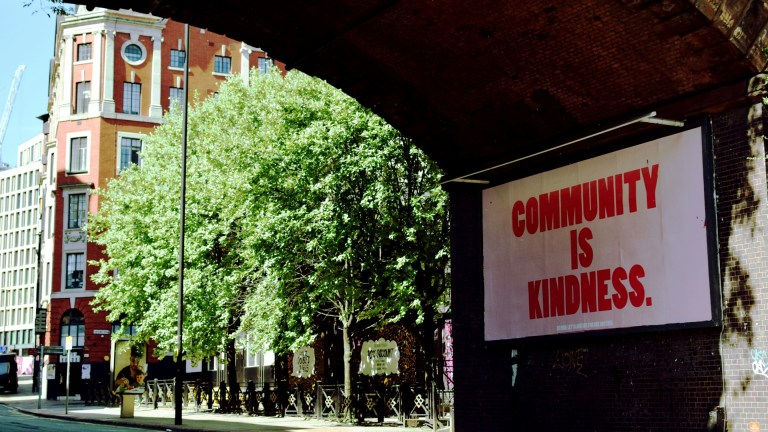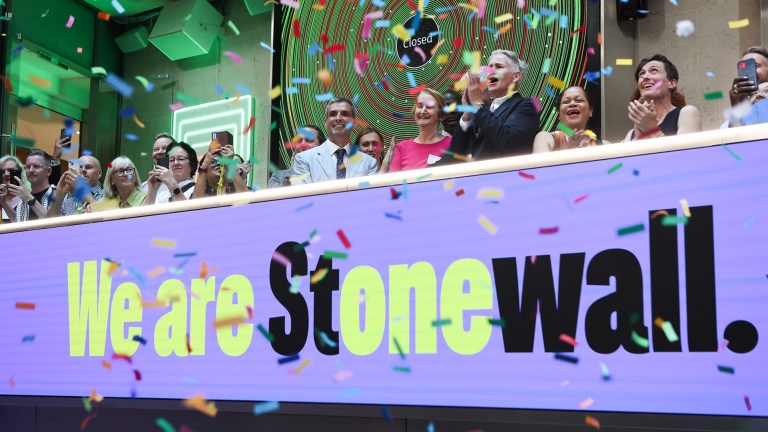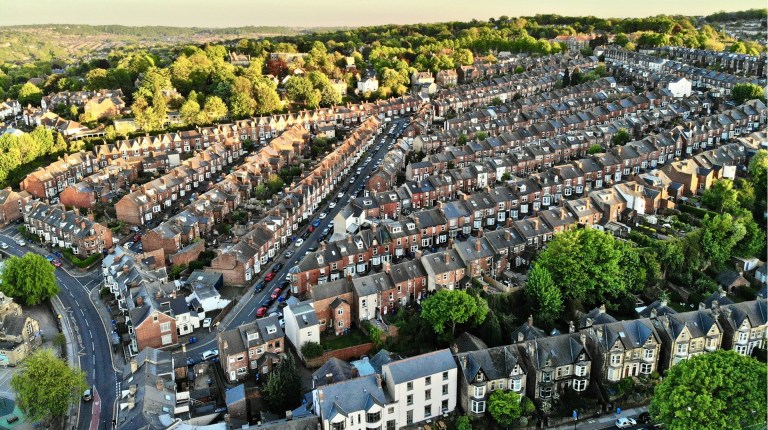Despondency hit the left-leaning citizens of the UK like a sledgehammer at about 10pm on December 12, when the exit polls of the general election were published, suggesting (as it turns out, correctly) that Boris Johnson’s Conservatives, running almost solely on a pledge to ‘Get Brexit Done’, had trounced Jeremy Corbyn’s Labour Party, running on a manifesto of radical economic change intended to address the huge and growing inequality in the country.
However, there can be few voters who were as incredulous as those of us from former industrial towns and villages in the north of England, as we saw constituency after constituency turn away from Labour, their long-time party of choice, to the very party that decimated their communities in the 1980s: the Conservatives.
https://twitter.com/HeatherParryUK/status/1206195079049859072
I was born and raised in Rawmarsh, a large village on the outskirts of Rotherham, equidistant from Sheffield and Doncaster. Up until the 1980s, the major employers in this area were the coal and steel industries; Thatcher’s deindustrialisation of the North then turned the region into one of call centres and retail parks, fragmenting community and entrenching low pay, pointless labour and mental health issues in its population.
Towns like Rotherham are often referred to in the media as ‘former mining towns’, which fails to capture the current reality: high streets sit empty, with libraries closed and a sea of betting shops and discount booze outlets cropping up where small businesses once were. My own great-grandmother owned a wool shop on a high street that is now all pubs and dodgy tattoo places; at the top of that road is the empty plot on which the public pool once stood. In the Sixties Rawmarsh Baths hosted pop stars like Lulu in its hall; my mum went there as a young teen for its afternoon dances. It was where I learned to swim, and where almost all my childhood friends had birthday parties – but despite it being heavily used by local schools and families, a true community hub, the pool was closed under New Labour.
A 2018 report said that almost 40 per cent of children in Rotherham were living in poverty, and my own comprehensive school was placed in special measures in 2013. It’s easy to blame the Tories for this – but it is not as simple as this. Some 30,400 people in Rotherham were suffering from deprivation in 2007; by 2011 this had risen by almost 50 per cent to 44,170. This was the undeniable legacy of the New Labour years. Of course, New Labour’s tenure was preferable to the Conservatives’ reign, which has been marked by at best disregard and at worst outright hostility for towns like Rotherham, but New Labour’s policies amounted to short-term fixes to the symptoms of economic deprivation, not the causes. What places like South Yorkshire need is massive government investment in new green industries and cultural centres, to give their residents fulfilling employment on a living wage, worthwhile skills and a way to build strong community ties again.










